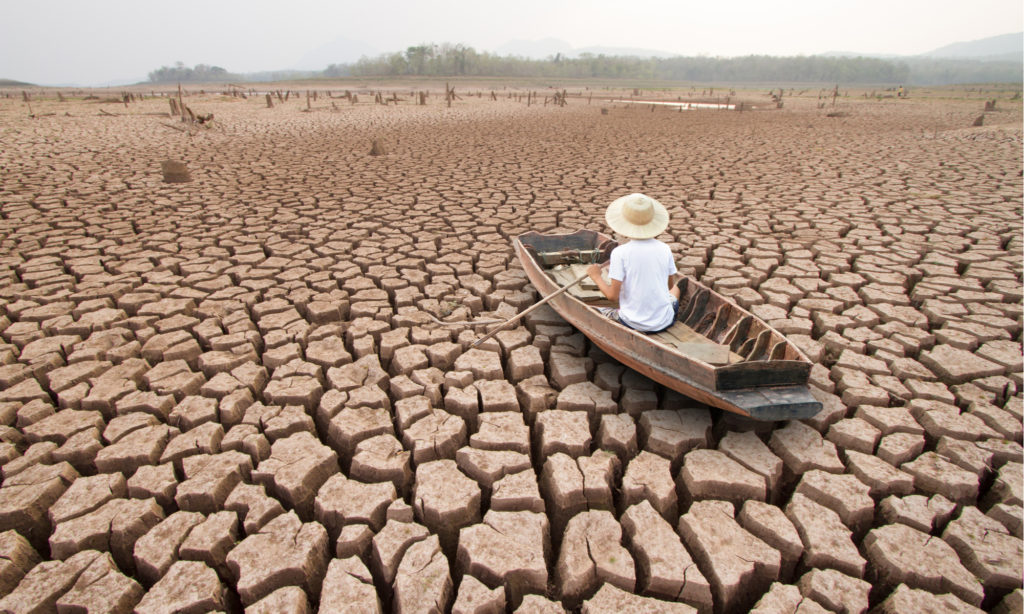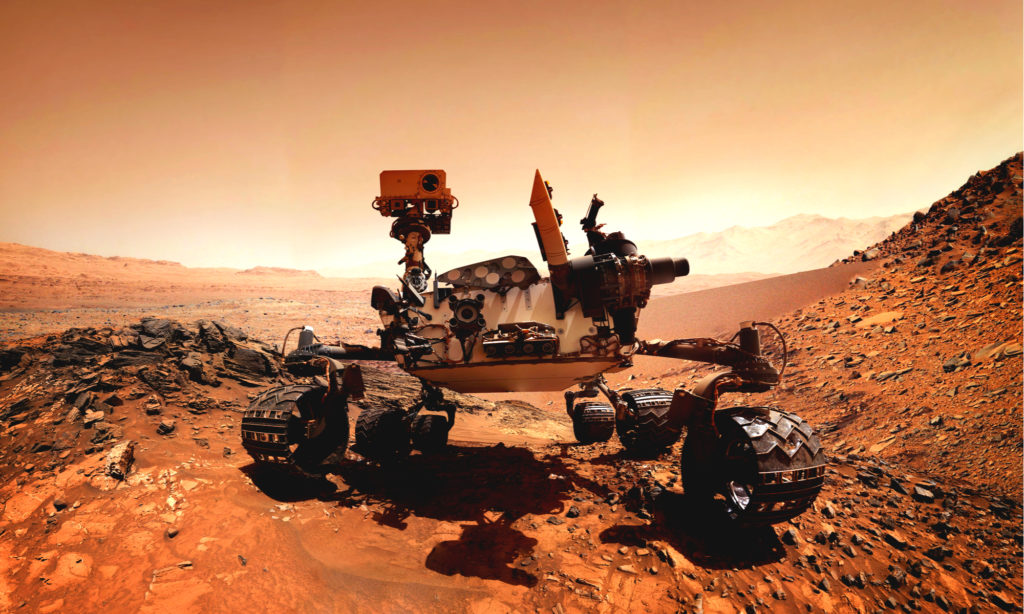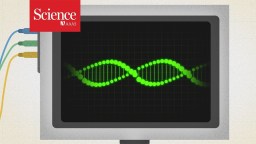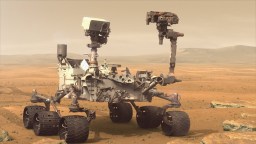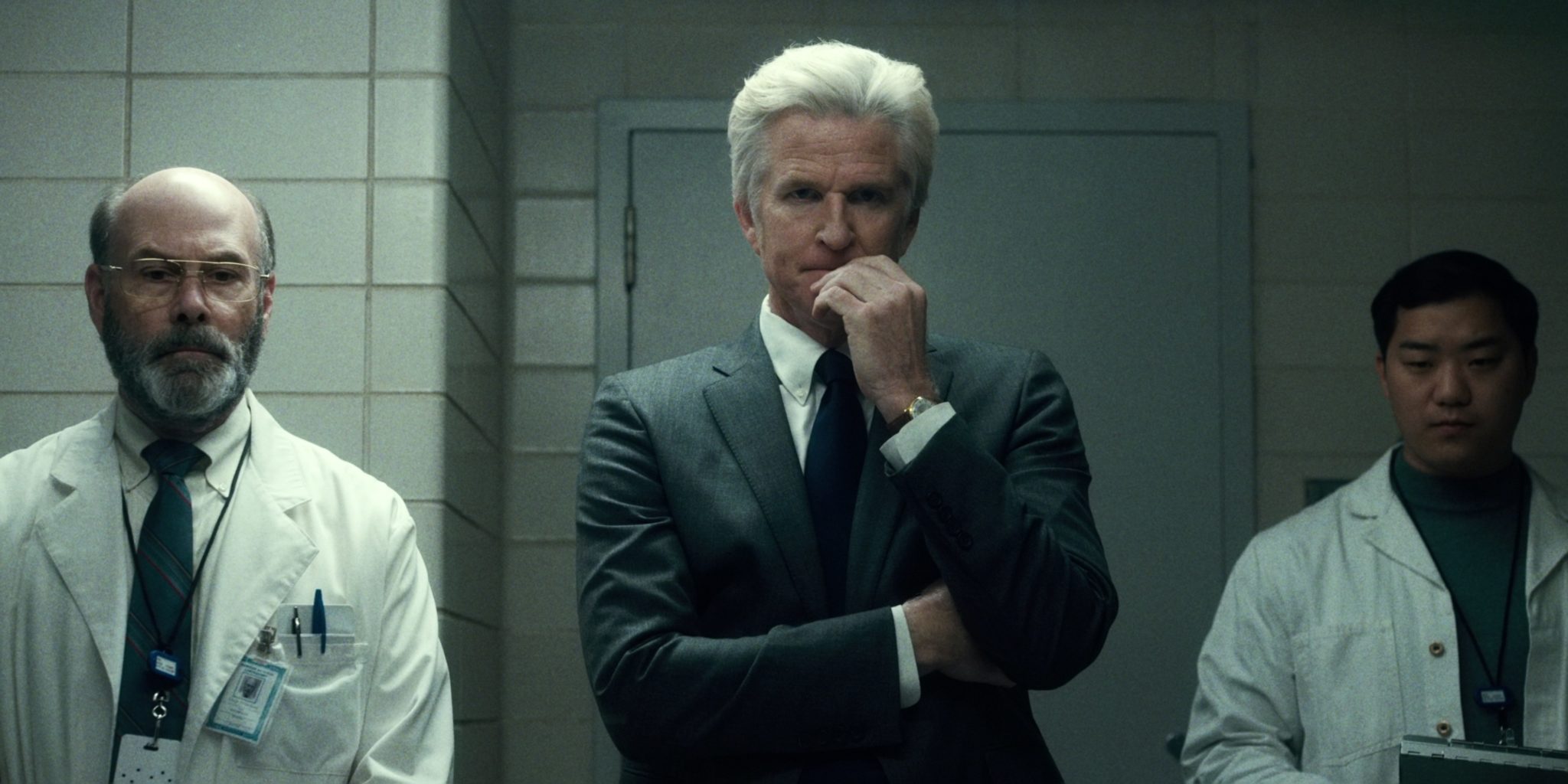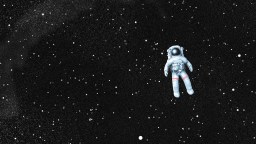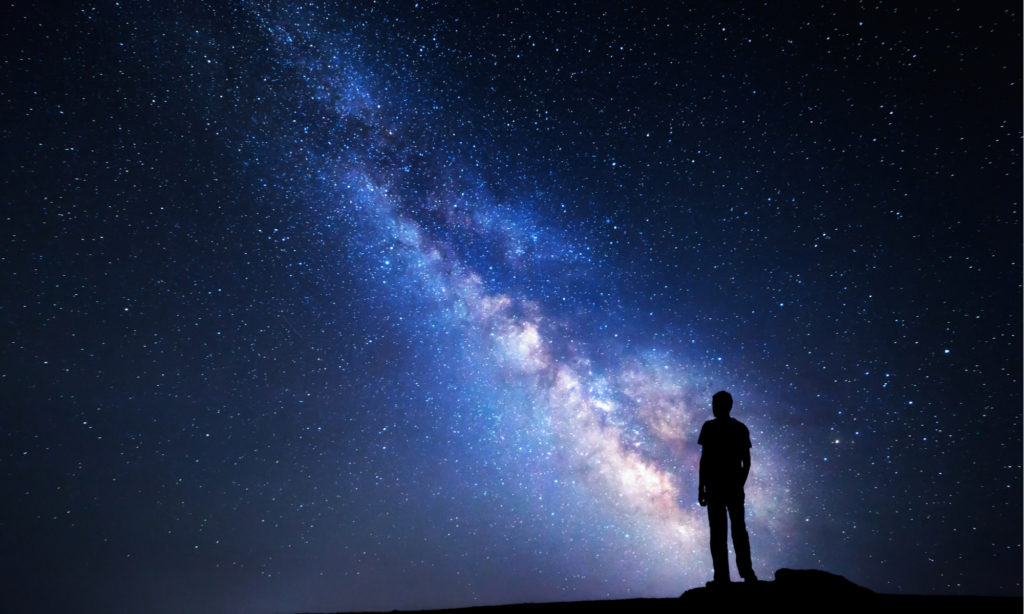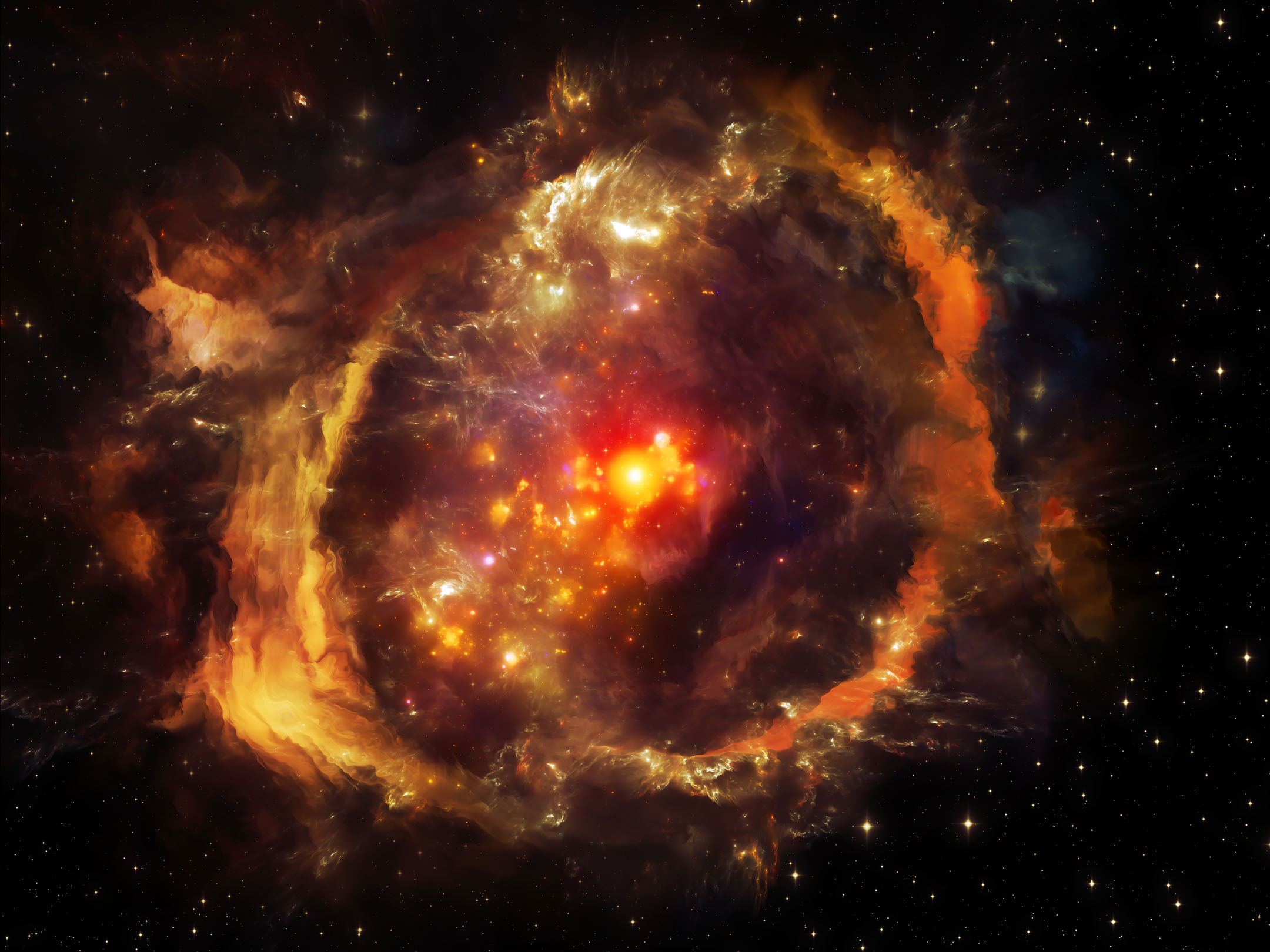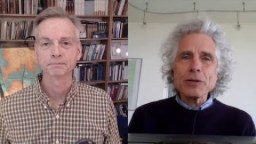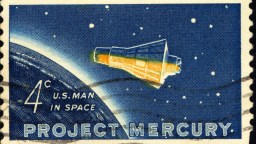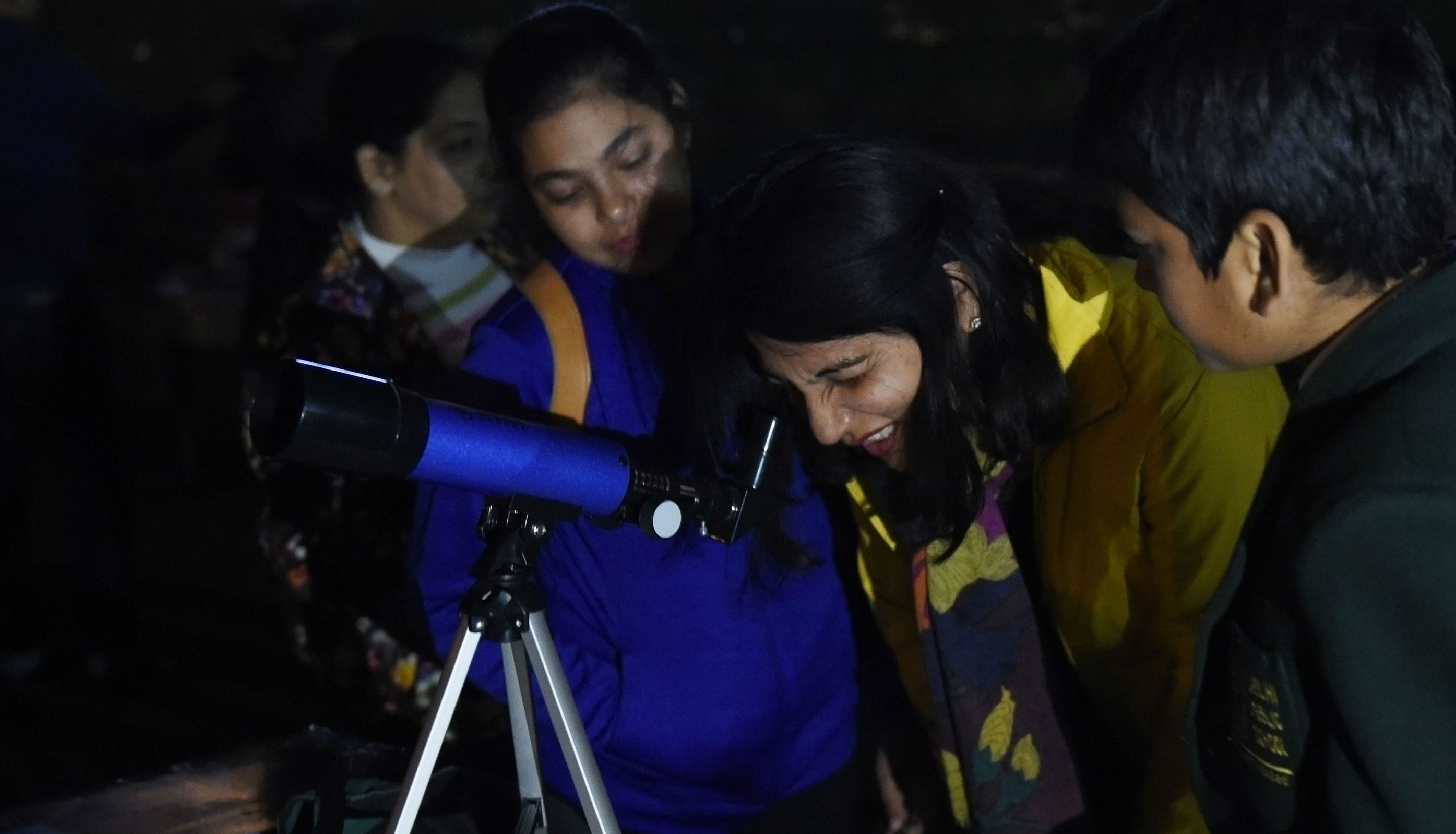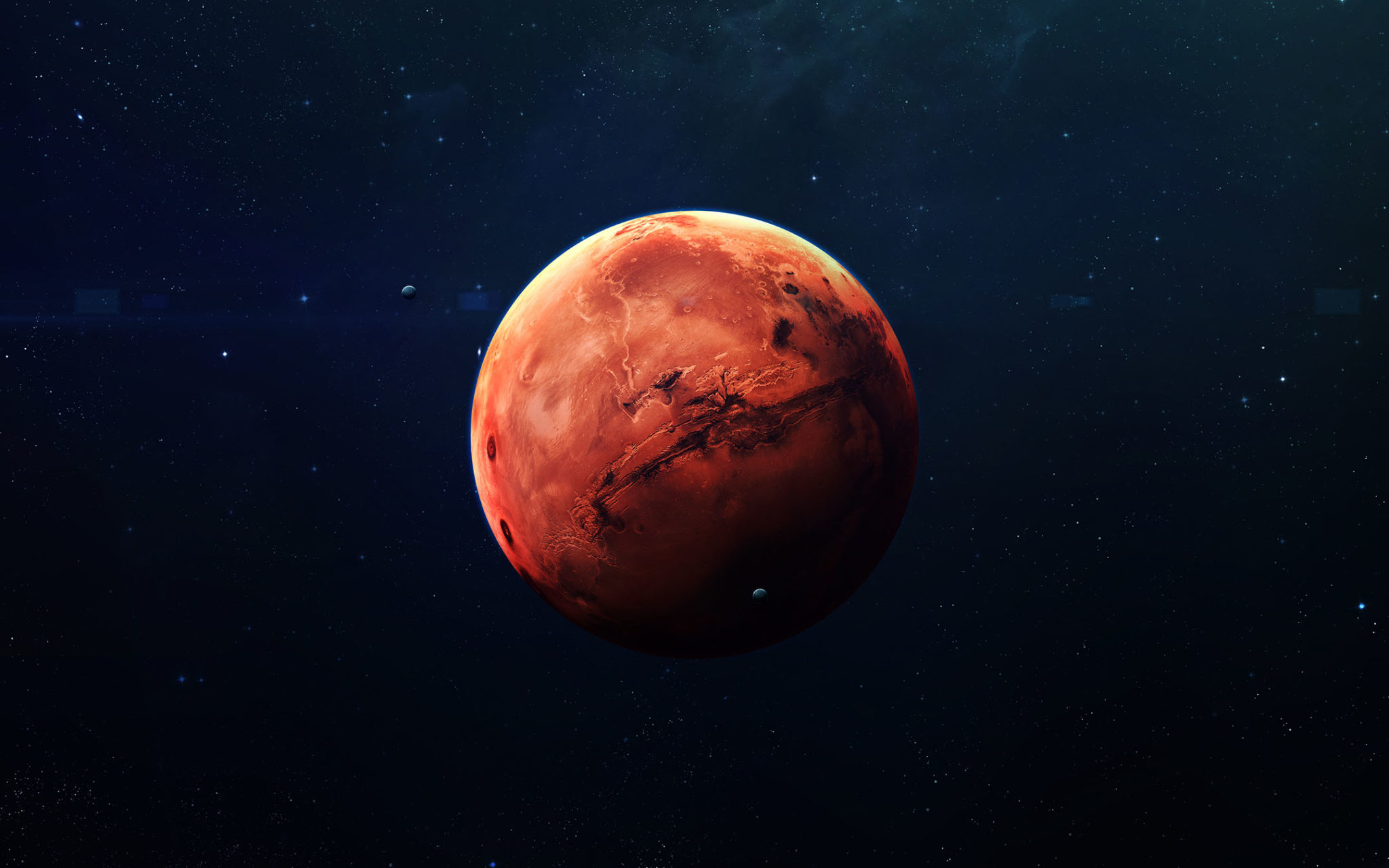Hard Science
All Stories
To spur action on climate change, we need a story of mythical proportions.
Thanks to genetic engineering, a child can now have three parents. But is it a good idea?
Digging deeper into last week’s revelations about the Red Planet.
After you die, some things in your body keep on ticking, this video reveals.
▸
with
In a major announcement today, NASA reveals that its rover found organic compounds and methane.
▸
with
Most of us show humility in the face of Nature as we flirt with the unknown.
Astronauts aren’t floating in space, they’re free falling—and so are you. Here’s the amazing science behind so-called zero gravity.
▸
4 min
—
with
Adam Frank and Marcelo Gleiser, founders of the popular blog, have landed at ORBITER.
The quest for the cause of the cosmos is an ancient quest. Neil Turok offers a fascinating new theory.
Stephen Hawking was one of the greatest scientific and analytical minds of our time, says NASA’s Michelle Thaller.
▸
6 min
—
with
Think getting along with people that are nothing like you is hard? Here’s how astronauts do it, 254 miles above Earth on the ISS.
▸
4 min
—
with
Podcast host Robert Wright’s lively conversation with the Harvard psychologist.
▸
with
Spirituality plays a different ballgame than science, so the language used in either of them doesn’t often match up to the other side. This, says religious teacher Rob Bell, creates a lot of conflicts.
▸
7 min
—
with
Is the world actually flat? Let’s ask someone who has some actual perspective on the subject… from space.
▸
4 min
—
with
Sending a tiny spaceship to the nearest habitable planet at 20% of the speed of light? No problem, says theoretical physicist Michio Kaku.
▸
2 min
—
with
What can cause a ripple in both space and time? Neutron stars colliding. And what can observe that phenomenon? A two-mile-long laser.
▸
5 min
—
with
Miles away from the site of the site of the PyeongChang Winter Olympics in South Korea, eight teams raced skiing robots down a mountain for a chance to win $10,000.
Space is not the place to put waste, as it turns pretty much anything into a high-velocity projectile capable of causing incredible damage.
Environmental concerns have caused some to opt-out of reproduction, both to help the planet and to protect their would-be children.
Need more astronomical phenomena in your life? We’ve got you covered.
What if entanglement also occurs across time? Is there such a thing as temporal nonlocality?
The bacteria C. metallidurans is able to take trace amounts of gold and copper and turn it into teeny tiny gold nuggets a few nanometers in size.
A debate over the physics of time in an alleged “block universe.”
▸
with
Singer-songwriter Ryan O’Neal composes the songs of the cosmos.
While millions catch a glimpse of a rare lunar event, NASA plans to shut down an orbiter whose purpose is to study the moon.
While the Patriots battle the Eagles during Super Bowl LII, asteroid AJ129 is flying pretty close to Earth, cosmically speaking. But how close exactly will it be, and should you be concerned?
Measuring quantum gravity has proven extremely challenging, stymying some of the greatest minds in physics for generations.
Granted, genetic manipulation has been a dream for decades. Here’s what is different now.
Researchers find that an ancient chunk of North America is now a part of Australia, shedding light on Earth’s first supercontinent Nuna.
Scientists can now virtually reconstruction certain long-dead individuals, without the need for DNA samples from physical remains.
